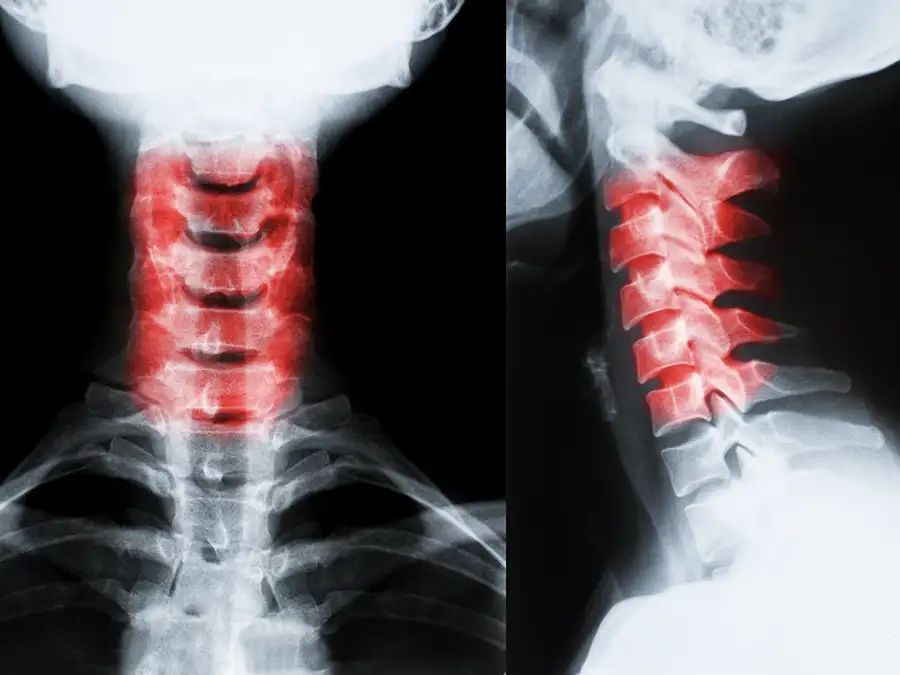
Understand when a police report is and isn’t required in Florida car accidents.
Navigating the aftermath of a car crash in Miami can often be as challenging as the incident itself, especially when it comes to understanding the legal requirements for reporting the accident.
As a Miami accident attorney, I’ve often encountered clients who are uncertain about when a police report is necessary following a car collision. This article aims to clarify the confusion around accidents and police reports and offer guidance on when filing a police report is and isn’t mandatory.
If you still have further questions after reading this article or would like assistance filing a claim, reach out to Redondo Law for a free consultation. We’re always here to help.
When don’t I need to file a police report after an accident in Florida?
In Florida, a police report often isn’t needed for minor accidents due to the state’s no-fault insurance system.
Here’s why:
Florida’s no-fault insurance law requires drivers to have at least $10,000 in personal injury protection (PIP) coverage. This coverage pays for the policyholder’s own injuries up to a certain limit, regardless of who was at fault. So, in minor car accidents where there are no serious injuries and damages are limited, individuals often choose to handle the situation through their own PIP coverage without the need for police involvement.
Additionally, some drivers may opt not to involve the police in minor accidents to avoid potential increases in insurance premiums if they plan on handling the repairs without involving their insurance company.
However, it’s important to note that even for minor accidents, it’s often advisable to file a police report as it provides an official record of the incident, which can be valuable if there are later disputes about the accident or if hidden injuries surface after the fact.
When is a police report required after a Florida car accident?
Florida has very specific laws in place for when and how a police report must be filed after an accident, so it’s crucial to understand and comply with these regulations. A police report is always required after an accident in the following situations:
- The accident results in injuries, death or even complaints of pain for any drivers or passengers involved in the accident.
- The accident results in $500 or more in property damage.
- A driver is intoxicated.
- A driver flees the scene, known as a hit-and-run accident.
- A vehicle is damaged to the point of being inoperable and requires a tow truck to remove it from the scene.
- A commercial truck or other vehicle is involved in the crash.
If any of these situations apply, it’s crucial that you call the police at the scene of the accident so a police report can be filed. Being familiar with these laws before you get into an accident can help ensure you fulfill your legal obligations and protect your rights, whether you’re dealing with insurance claims or potential legal issues.
Understanding your insurance coverage and rights after a car crash.
Legal requirements for Florida accidents that don’t require a police report
Even in cases where Florida law doesn’t require you to report your accident to the police, there’s still a legal obligation to submit a written report of the incident. This needs to be done within 10 days of the crash.
To fulfill this requirement, you can self-report by completing the Driver Report of Traffic Crash form. This form is a detailed account of the accident, capturing information about the vehicles, drivers involved, and the circumstances of the crash.
This reporting process is an essential step in ensuring that all necessary details of the accident are officially recorded, even when a police report is not mandated by law. It’s an important part of protecting your interests and maintaining a proper legal record of the incident.
Directions for filing can be found on the form itself and on the Florida Department of Highway Safety and Motor Vehicles website.
Why not having a police report can be risky, even if it’s not required
In Florida, even as a no-fault state, not obtaining a police report after a car accident can present several challenges.
Firstly, a police report can significantly streamline the process of filing a claim with your insurance company. It provides a detailed and objective account of the incident, which can be crucial in efficiently processing your claim.
Secondly, injuries or damages resulting from the accident may not be immediately noticeable. A police report serves as an official record of the incident, which becomes particularly important if catastrophic injuries to the brain or spinal cord don’t surface until later on or are more severe than you originally realized. This documentation is essential for any subsequent insurance claims related to these delayed symptoms.
Lastly, despite the no-fault system, disputes can still arise regarding the circumstances or outcomes of the accident. A police report offers an impartial account of the events, which can be a key piece of evidence in resolving such disputes and protecting your interests.
A guide to whiplash injuries & compensation in Miami
Understand how the severity of your injury can impact financial recovery after a whiplash injury.
How long do I have to file an insurance claim after a car accident in Florida?
You should always check your individual insurance policy for specific reporting requirements, as time limits for notification and claim submission can vary.
However, Florida Statute 627.736 mandates that claims for medical benefits under personal injury protection (PIP) coverage be filed within 14 days of the accident to receive the full benefits available under your policy.
In most cases, it’s best to report the accident to your insurer as soon as possible, ideally within a few days of the incident, to ensure that your claim is processed smoothly. Delaying beyond this period could potentially impact the coverage and benefits you’re entitled to receive.
How can an attorney help with a car accident claim in Florida?
An attorney can be invaluable in handling a car accident claim in Florida, especially considering the state’s unique insurance laws. Here are just some of the ways an attorney can help you recover maximum compensation after a Florida car accident:
- Navigating Florida’s no-fault insurance. Florida operates under a no-fault insurance system, which can be complex. An attorney can help you navigate this system, ensuring you understand your rights and obligations under personal injury protection (PIP) coverage and when it’s possible to step outside the no-fault system to pursue a claim against the at-fault driver.
- Dealing with insurance companies. Attorneys are skilled at negotiating with insurance companies. They can handle all communication and negotiations on your behalf, ensuring that insurance adjusters do not undervalue or deny your legitimate claim.
- Gathering and analyzing evidence. To support your claim, an attorney will gather the necessary evidence, such as police reports, medical records, witness statements and accident scene photos. This helps in establishing the fault and the extent of your damages.
- Calculating damages. Lawyers can accurately calculate the total value of your claim, including medical expenses, lost wages, property damage, and non-economic damages like pain and suffering. Oftentimes, these and other hidden costs of car accidents are overlooked or undervalued without professional guidance.
- Taking a case to court. If your case goes to court, an attorney will provide skilled legal representation. They will prepare and present your case, handle all legal procedures, and advocate on your behalf to achieve the best possible outcome.
- Managing timelines and paperwork. They will manage all the necessary paperwork and adhere to the legal deadlines, like the statute of limitations for filing a lawsuit, which is crucial for a successful claim.
Overall, having a knowledgeable professional handling your claim can make the process go quicker and smoother, giving you peace of mind and allowing you to focus on your recovery.
Get help from a skilled Miami accident attorney
If you’ve recently been involved in a car accident in Miami, don’t take any chances with your claim. At Redondo Law, experienced Miami accident attorney Mike Redondo is ready to advocate on your behalf to ensure you recover maximum compensation.
Mike spent the early years of his career working for insurance companies to minimize their liability in car accident claims. Now, he uses his insider knowledge of the industry to advocate for clients like you.
To learn more about how Mike can help with your car accident claim, schedule a free consultation by filling out the form below.
References
Statutes & Constitution :View Statutes : Online Sunshine. (2019). State.fl.us. http://www.leg.state.fl.us/Statutes/index.cfm?App_mode=Display_Statute&URL=0600-0699/0627/Sections/0627.736.html
Statutes & Constitution :View Statutes : Online Sunshine. (n.d.). Www.leg.state.fl.us. Retrieved November 10, 2023, from http://www.leg.state.fl.us/statutes/index.cfm?App_mode=Display_Statute&URL=0300-0399/0316/Sections/0316.066.html
Traffic Crash Reports. (n.d.). Florida Department of Highway Safety and Motor Vehicles. Retrieved November 10, 2023, from https://www.flhsmv.gov/traffic-crash-reports/#report



